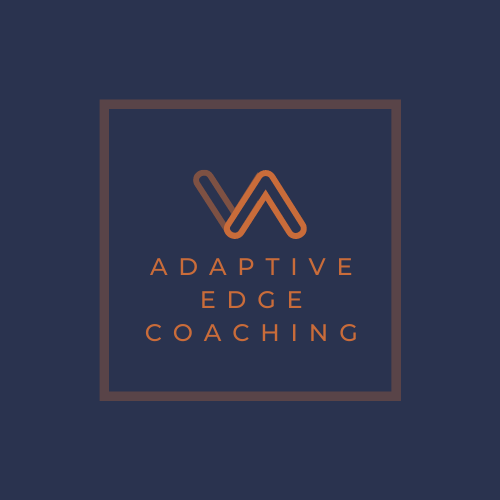At Adaptive Edge Coaching, I pair educational content in psychology with constructive exercises to help people make life changes, develop soft skills, perform at their best, and heal through change. My services have impacted individuals in America, Europe, and India and I have partnered with organizations and community leaders to bring development to groups on a wide scale. Below you will find details on the content and exercises offered for seminars, workshops, and coaching. Research has been conducted independently in the fields of biology, social psychology, developmental psychology, and organizational psychology to provide an innovative approach to the Immunity to Change method developed at Harvard. All content and exercises are personalized to fit the goals of the client. Email me for examples of personalized exercises I have created for clients. If a client has a very focused issue, there is also the option for single issue coaching with the Immunity to Change method. See client testimonials here.
Learning to Build Knowledge
Personal Development – Emotion and Identity
- Introduction to Emotion
- Constructivism and biology – How does the brain make emotion?
- What are the social functions of emotion?
- Physiology and emotion – Where does all this energy come from? Where does it go?
- Valence and emotion – What makes emotion feel positive/negative?
- Suppression and expression – How does emotion pass from the environment to the body and back again? What are the techniques for suppression/expression?
- Introduction to Identity
- How do social psychologists define identity? What are the different types?
- Learn the terms: Salience, standards, comparators, activation, inputs, signs, symbols, and more.
- What is the relationship between emotions and identity?
- Free will, determinism, control, and emotion – how much do you control?
Interpersonal Development – Communication and Conflict
- The 5 conflict styles
- Master the varying levels of competition, collaboration, and avoidance
- Identities in the group
- Power, affect, and meaning. Who can we rely on?
- Movers, followers, opposers, and bystanders. How to change your role?
- Difficult conversations, negotiation, and feedback
- Learn the key principles from the Harvard Project on Negotiations
Exercises to Build Skills
Reflect
- Diagnostic Map
- Define the change, uncover links between behavior, emotion, and belief.
- Locate the Centers
- Evaluate the power, emotional, and intellectual centers in your life.
- State of the Identities
- Map out the current state of the identities in your relationships between self, other, and group. Which identities are most salient in your life? What are the identity standards? What are the signs and symbols for these identities? How are these identities verified?
- Continuum of Progress
- How exactly will you get where you want to go? How will you know you are on track? What will it look and feel like when you get there?
- Biography Exercise
- Dig deep into the past to uncover how your environments have shaped your identities. How did these events mold you at the time? What do you think about them now? What are the implications for your changing identities?
- Observation Exercise
- Observe your identities in action. Look for the signs, symbols, and resources that activate and define the identity standards in your relationships
Visualize
- Desired State of the Identities
- What are the resources you need to achieve your identity goals? How will you look for verification or nonverification? What emotions can you expect to feel? What emotions do you want to display?
- Design a Test
- Based on your observation exercise, how will you begin to change your identity? What resources need to be in place? What signs will you look for? What symbols will you create?
- Pre-performance exercise
- Prepare for the expression/suppression of emotion, thought, and behavior in key social exchanges.
Perform
- Run Your Tests/Complete Your Performance
- Incrementally test your identity change, remaining faithful to the design and tracking down all of the important data.
Post-Performance Reflection
- Interpret your Tests
- Test done, data collected. Now what to make of all of this? Reflect, analyze for meaning, and strategize about what to do next.
End of the road
- Taking Stock
- Where are you still receiving non-verification? What standards need to be redefined and what actions need to be taken?
You can take a look at my Client Testimonials. Each of my specialty domains, Life Changes, Healing, Soft Skills, and Performance focuses on helping a person overcome their current habits to change certain aspects of themselves, their relationships, their environment, or all of the above. Email me at greg@adaptiveedgecoaching with any questions or to set up a free initial consultation to learn more.


